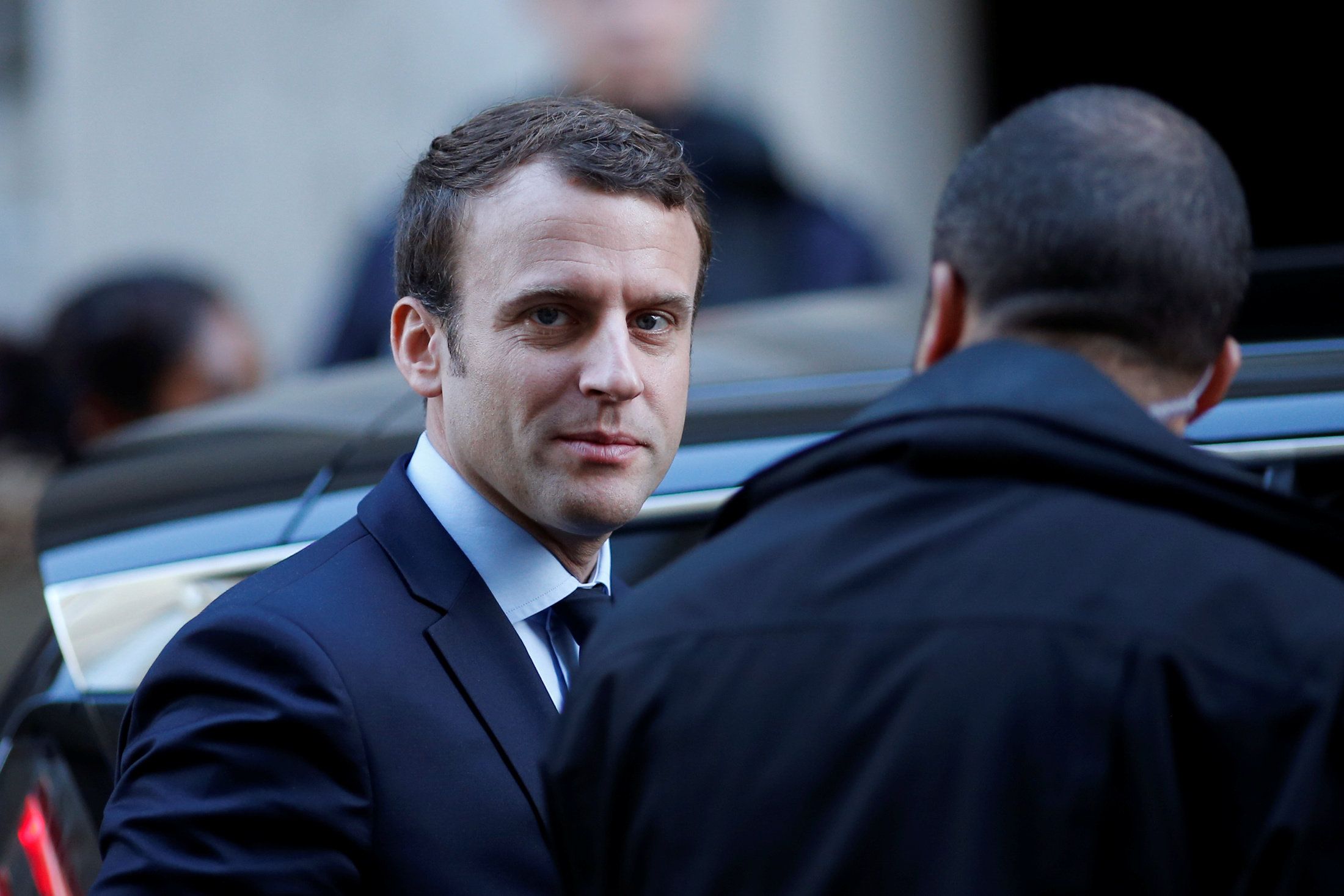Emmanuel Macron in trouble: These are trying times for Emmanuel Macron, as the French president suddenly finds himself dealing with three major crises at once. First, France is currently reeling from a massive second wave of coronavirus, which has forced Macron to order a second national lockdown. Second, he is facing rising social tensions at home over the (long-fraught) question of integration into French society, after an Islamic beheaded a teacher who had shown derogatory images of the Prophet Mohammed as part of a lesson on free speech. The killing of three people outside a Nice church by a knife-wielding man of Tunisian origin yesterday heightened the sense of crisis. Lastly, Macron is facing a backlash from much of the Muslim world over his controversial comments in response to the teacher's murder, in which he pledged to crack down on extremism but also seemed to target Islam in general. There have been anti-French protests across the Muslim world, and several countries have called for a boycott of French goods. Macron doesn't face voters again until 2022, but he's already had to reset his presidency a few times. And his rivals — particularly from the far right, anti-immigrant National Rally party— may start to smell blood in the water.
India's pandemic politics: Citizens of Bihar, India's third most populated state, are already voting in the country's first regionwide parliamentary election since the onset of the coronavirus pandemic, which has infected over 8 million Indian citizens and killed more than 121,000. The vote is going ahead despite calls to postpone it due to COVID-19, although Bihar has not been hit as hard as other Indian states. Prime Minister Narendra Modi is not on the ballot, but the election is seen as a major test for popularity of his ruling BJP party, which currently governs Bihar without a majority and faces a united opposition. The BJP recently came under fire for offering to dole out free COVID-19 vaccines if it wins in Bihar, giving the world a taste of what future pandemic politics may look like in countries where a shot of a miracle drug is now worth more than bags of cash to buy votes. Whether or not the BJP follows through on its promise, we're watching to see whether Modi's party holds onto power in Bihar, and if a loss hurts the PM.
China, US militaries talk "crisis": The military chiefs of China and the US held video talks this week on "crisis communication" amid rapidly deteriorating ties between Beijing and Washington and an increasing risk of conflict in the South China Sea or Taiwan. The Chinese defense ministry says that US Defense Secretary Mark Esper gave assurances that America will not seek war with China if President Trump loses next week's election, while his Chinese counterpart urged him to "walk the talk." Interestingly, the conversation took place as US Secretary of State Mike Pompeo is on a tour of Asia to rally support for a (still unofficial) NATO-style military alliance against China. Beijing, as expected, is not pleased with Pompeo's plans nor with the Trump administration's recent move to sell $2.4 billion in military equipment to Taiwan, which China regards as part of its territory. Regardless, it's always a good sign that the two of the world's most powerful militaries are still talking in private, no matter how much their governments bash each other in public.More For You
With close ties to both the US and China, can Singapore survive in an increasingly fragmented and chaotic world? Singapore’s President Tharman Shanmugaratnam joins Ian Bremmer on the GZERO World Podcast.
Most Popular
Think you know what's going on around the world? Here's your chance to prove it.
This week, Prime Minister Keir Starmer became the first UK leader to visit China in eight years. His goal was clear: build closer trade ties with Beijing.
